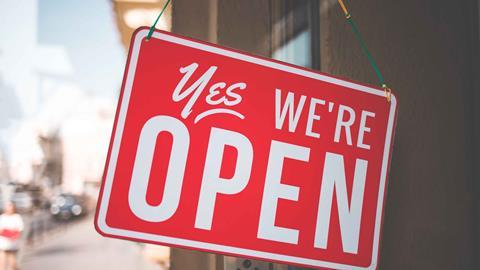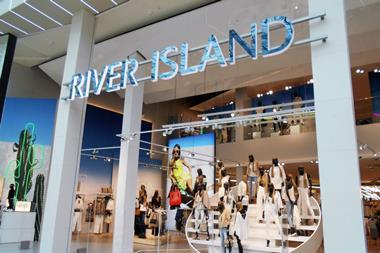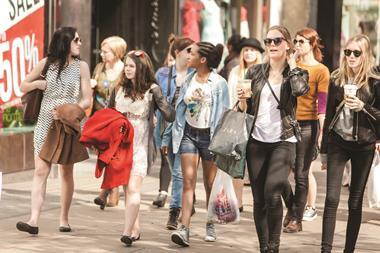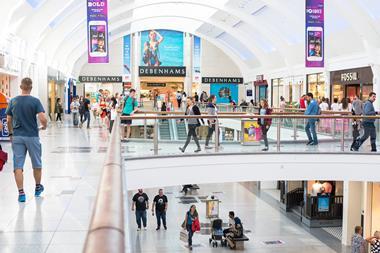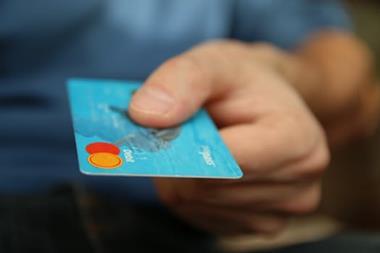Shoppers will favour local stores as life gets back on track, despite more than half of Brits being worried that their finances will be severely affected, new YouGov stats reveal.
As retailers start to find their feet in this new reality, the power really rests with consumers and how – or even if – they decide to shop.
There has been much speculation about how the global pandemic might forever change the way shoppers behave, and therefore keeping a pulse on consumer sentiment is integral if retailers are to stay relevant.
In the YouGov Consumer Monitor and Economic Recovery Update webinar, Will Ullstein, commercial director, and Amelia Brophy, head of data products for the UK, explored data on how coronavirus has affected consumer confidence and the potential long-term impact on finances and spending habits.
64% of people want to support local businesses and buy local products
While there is definite reason for optimism with consumer confidence climbing, economic concerns over the lasting impact on society, finances and jobs continue to be a worry for many, and the way in which consumers spend may have changed forever.
1. Keeping it local
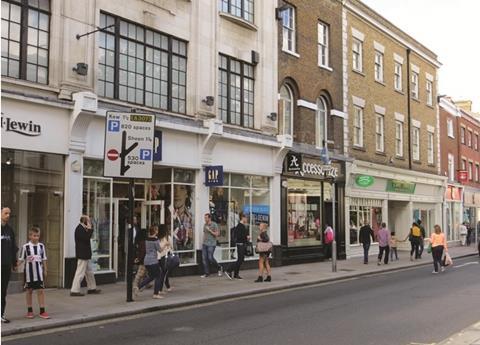
One of the positives of the pandemic has to be the community spirit that has been revived across the country.
And our desire to shop locally after lockdown is strong, with almost two thirds of Brits claiming they will try to support local businesses and buy locally going forward.
YouGov found that, as a result of coronavirus, 64% of people want to support local businesses and buy local products, with women being even more likely to shop within their community (70%).
Brophy says: “It will remain to be seen if it’s possible to deliver across this, but there is a definite sentiment that people have about being more sustainable and taking a more local focus.”
Furthermore, 39% of shoppers say they will have a more environmentally friendly mindset when out shopping as a result of Covid-19.
2. Online shopping surge
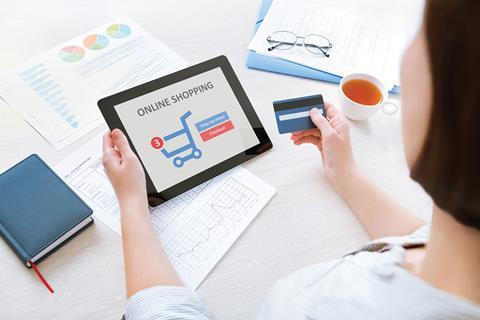
Even when the chips were down, ecommerce was a shining light for the retail sector and still continues to be.
Over a quarter of UK adults (28%) say they’ve been spending more online, and a third (32%) say they intend to make more use of online shopping or delivery.
It goes without saying that consumers spent less in physical stores during lockdown, yet this loss in spend was largely made up for online.
Since the government announced physical stores would reopen from June 15, the number of people saying they would use online shopping and/or delivery more has continued to rise.
Over a quarter of UK adults say they’ve been spending more online
Back on May 7, just 32% of people agreed with this, but by June 10 this figure had risen to 39%.
With online shopping now a way of life for many, it may now go from being a necessity to a preference.
3. Tightened purse strings

Despite consumer confidence improving, many are still fearful about what the future holds.
“There is a lot of worry we are seeing there, and I think it’s very important we keep this in mind,” says Brophy.
Nearly a quarter (24%) of Brits are worried about Covid-19’s lasting impact on society, with more than half (55%) concerned that their finances will be severely affected.
More than two thirds (69%) of all workers are worried that they will lose their jobs.
One in four (27%) still expect their financial situation to worsen in the next year.
However, YouGov has found that almost half (47%) of Brits plan to spend the same as they did before lockdown, so retailers can take some comfort in the knowledge that there is still an appetite for shopping.
Only 2% of 18- to 24-year-olds say that if they received an unexpected windfall of cash they would spend it
But they may have to work a little harder to tempt consumers to spend, particularly when it comes to the younger age groups.
Only 2% of 18- to 24-year-olds say that if they received an unexpected windfall of cash they would spend it, and one in five say they don’t know what they would do with the money.
“This is a group that is living so short term that they can’t get their heads around what they would do with one month’s income in their hands,” explains Brophy.
“How that plays out in terms of their decision making, what they spend their money on and how the next phase of Covid-19 affects this group is really important.”
If you’re interested to learn more about the economic recovery and shifting consumer behaviour then click here to view the webinar for yourself.
The webinar also explores:
-
How the wider population is being financially impacted by the crisis
-
How consumer habits are changing
-
What the public feel about the future outside of lockdown



















